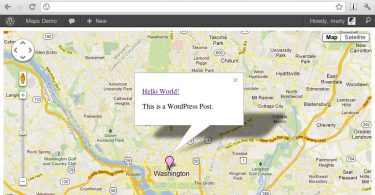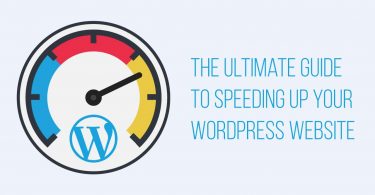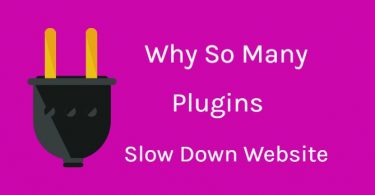It’s a fact that visitors will definitely leave your website and try to reach other websites if it gets loaded slowly. The slow loading, in turn, increases the site’s overall bounce rate and it can have a huge impact on the referral traffic and the ranking offered by search engines. It might sound a bit harder when you think off to optimize the WordPress website in order to enhance its overall performance in the virtual world.
How to Optimize for Better WordPress Site Performance? Speed up the WordPress site
Here are few tips offered that help you in optimizing your site’s performance whenever you find the website is slow.
Check page size
Must have a brief check of the multimedia content that you upload to the posts or page. Technically, the size of any WordPress page should not exceed 50 KB and if the file size exceeds 100 Kb, then webpage may load very slowly.
Check plugins count
You install some plugins to add additional functionalities to your website and you must even keep track the resources that these plugins utilize. If a plugin consumes huge memory, then it’s better to look for an alternative.
Update plugins
The plugin developers update the plugin on regular basis. Be it a security update or addition of new features, you must update them immediately.
Remove inactive plugins
aving several unused plugins on the server can result in wastage of memory. So you need to deactivate all the inactive plugins and delete the relevant files from server.
Try installing different themes
ever pick up a theme by its design because there may be issues in the coding part which results in slow loading of the website. Have the Google Page Speed test for each theme and choose the theme based on its score.
Optimize database tables
The website optimization can be incomplete if you fail to optimize the database tables. For high performance, all the database tables on your WordPress must be updated regularly. The WP- DB Manager is one such useful plugin that can help you in database table optimization.
Avoid using Post Revisions
Every time you edit or write something into the post, a revision gets added to the database on hitting the save option. All the revisions pertaining to old posts can be deleted through MySQL statement.
Utilize caching
Through caching, you can retrieve the data or webpage bit quicker. To execute caching on the website, you can utilize few plugins like WP Super Cache or W3 Total Cache.
Reduce the HTTP requests – more the number of HTTP requests on the website, the page load time will increase gradually. Decrease the HTTP requests by combining all the JavaScript files into single and same is the case when it comes to images.







